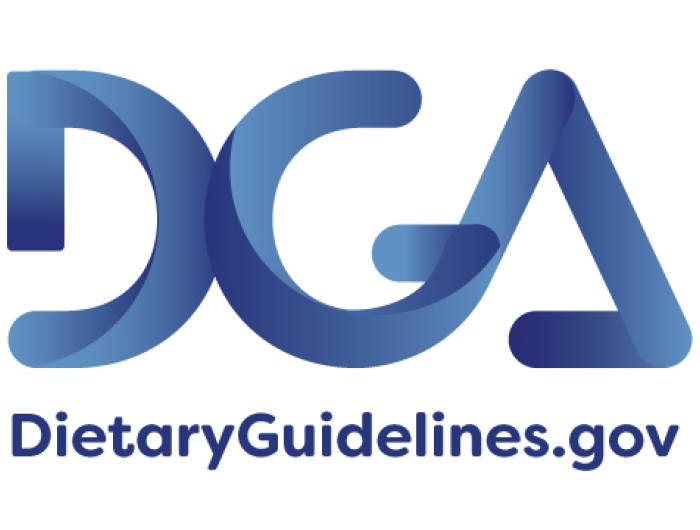Groups urge disclosure of potential financial conflicts among members of the dietary guidelines advisory committee

DGAC.
The public is kept in the dark as agencies dismiss recommendations of key report
Fifteen public health and consumer organizations are calling on the federal government to disclose potential financial conflicts of interest, including sources of research funding, speakers’ fees, and other relationships, for the women and men who will inform the next version of the Dietary Guidelines for Americans.
The Dietary Guidelines for Americans is the government’s basic dietary advice to its citizens. Updated every five years by the U.S. Department of Health and Human Services and the U.S. Department of Agriculture, the Guidelines also shape nutrition standards for many government food programs, including school meals. On January 19, HHS and USDA released the names of 20 individuals nominated to serve on the 2025-2030 Dietary Guidelines Advisory Committee (DGAC), which will draft a scientific report that will form the basis for the next Guidelines.
The Center for Science in the Public Interest says that the 20 nominees appear to bring a great deal of expertise in nutrition, epidemiology, health equity, and other important topics. But the nonprofit nutrition and food safety watchdog group and 14 other groups say that the agencies need to do more to disclose members’ ties to industries that may stand to benefit—or be adversely impacted—from the advice the committee will shape.
Because the public’s acceptance of the next Guidelines depends on its trust of the process, “it is crucial to improve transparency and protect against conflicts of interest, including financial and other ties to industry, such as board service and affiliations,” the groups wrote to Assistant Secretary for Health Rachel L. Levine and HHS nutrition advisor Janet de Jesus. “We therefore write to urge you to publicly disclose financial conflicts of interest of the newly appointed 2025 Dietary Guidelines Advisory Committee members.”
The groups say that HHS and USDA failed to follow the recommendations of a 2017 report from the National Academies of Science, Engineering, and Medicine (NASEM), requested by Congress to evaluate the Dietary Guidelines for Americans development process. Among other things, that report recommended that the agencies “make a list of provisional appointees open for public comment—including short biographies and any known conflicts—for a reasonable period of time prior to appointment.” That did not happen with the members named to the 2025-2030 DGAC. And now the government is not even providing the conflicts of people who have been nominated. As a result, the groups say, the public is in the dark.
“We have seen from COVID how even the best-crafted scientific advice can be swept aside by those who question the sources of that advice, sometimes alleging conflicts of interest,” said CSPI president Dr. Peter G. Lurie. “Providing basic transparency, the way many government advisory committees do, is a prerequisite to developing public trust.”
The groups note that press coverage has already uncovered one 2025 Dietary Guidelines Advisory Committee member with a conflict of interest that seems relevant to their role. “While all relevant financial interests among Committee members should be disclosed, those related to the food and pharmaceutical industries should be subject to particular scrutiny as they are most relevant to the subject matter of the Dietary Guidelines,” the groups wrote.
Besides CSPI, the organizations signing the letter to Levine and de Jesus include the Center for Biological Diversity, Coalition for Healthy School Food, Corporate Accountability, Healthy Food America, Johns Hopkins Center for a Livable Future, Physicians Committee for Responsible Medicine, Union of Concerned Scientists, and Wholesome Wave.
# # #
Contact Info: Lisa Flores, 202-777-8368 or Jeff Cronin, 202-777-8370

